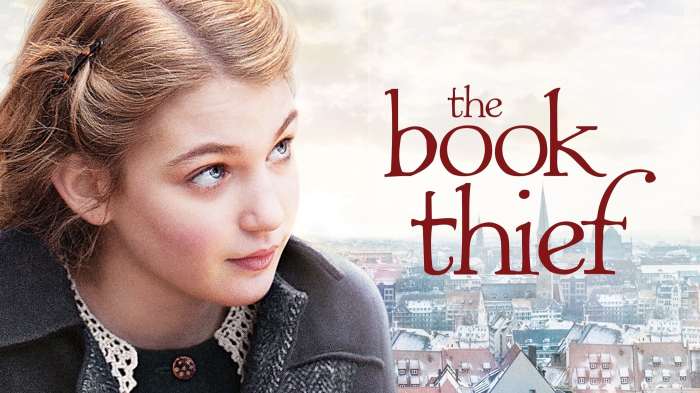Foreshadowing in act 2 of romeo and juliet – In Act 2 of Romeo and Juliet, foreshadowing plays a pivotal role in weaving the tapestry of the lovers’ tragic destiny. Through a myriad of literary devices, the playwright William Shakespeare subtly hints at the impending doom that awaits the star-crossed pair.
This analysis will delve into the symbolism, character development, dramatic irony, and Friar Laurence’s enigmatic role, illuminating how these elements collectively foreshadow the lovers’ inevitable demise.
Symbolism and Motifs
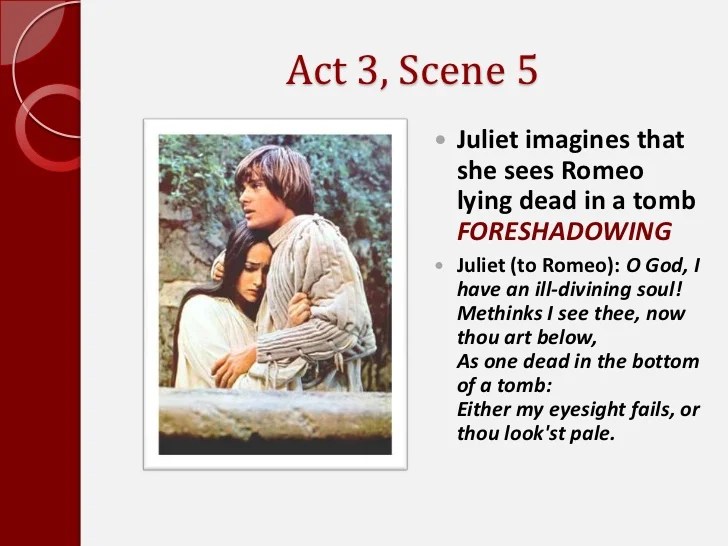
Act 2 of Romeo and Julietis replete with symbolism and motifs that foreshadow the tragic fate of the young lovers. These include:
- Light and darkness: Light is associated with hope and love, while darkness represents danger and despair. The play opens with Romeo hiding in the darkness, and the balcony scene takes place at night, suggesting that their love is doomed.
- Nature: The natural world is often used to reflect the characters’ emotions. For example, the nightingale’s song is a symbol of love, while the owl’s hoot is a harbinger of death.
- Poison: Poison is a recurring motif throughout the play, symbolizing the destructive nature of love. Romeo takes poison to kill himself, and Juliet takes a sleeping potion that ultimately leads to her death.
- Fate: The play is dominated by the idea of fate, which is seen as an unstoppable force that controls the characters’ lives. This is foreshadowed by the prologue, which states that the lovers are “star-crossed,” meaning that their love is doomed from the start.
These symbols and motifs work together to create a sense of foreboding and foreshadow the tragic events that will unfold later in the play.
Character Development
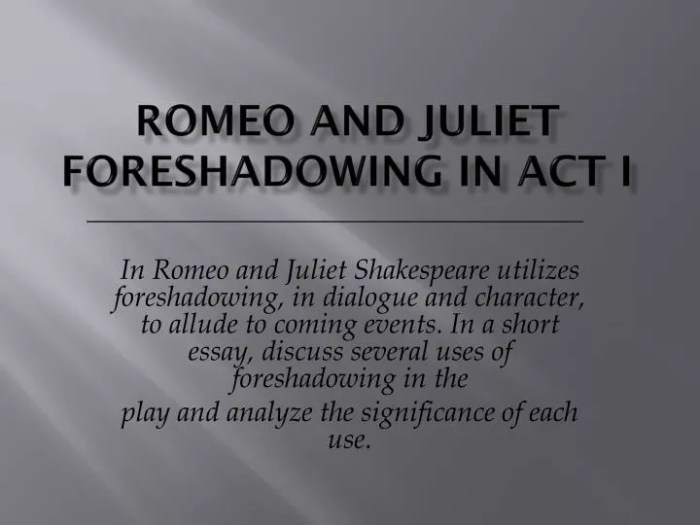
In Act 2, Romeo and Juliet’s characters develop significantly. Romeo becomes more impulsive and passionate, while Juliet becomes more mature and self-assured. These changes are foreshadowed by their interactions in the balcony scene.
- Romeo: Romeo’s impulsivity is evident in his decision to crash the Capulet party. He is also quick to fall in love with Juliet, even though he has only just met her. This impulsivity will ultimately lead to his downfall.
- Juliet: Juliet is more mature and self-assured than Romeo. She is aware of the dangers of their love, but she is also determined to follow her heart. This maturity will help her to face the challenges that lie ahead.
The balcony scene is a turning point in the play, as it marks the beginning of Romeo and Juliet’s love affair. However, it also foreshadows their tragic fate. The fact that the scene takes place at night suggests that their love is doomed.
Additionally, the dialogue between Romeo and Juliet is full of foreshadowing. For example, Romeo says, “I have a feeling that this will be our last night together.” This line foreshadows the lovers’ eventual deaths.
Dramatic Irony and Suspense
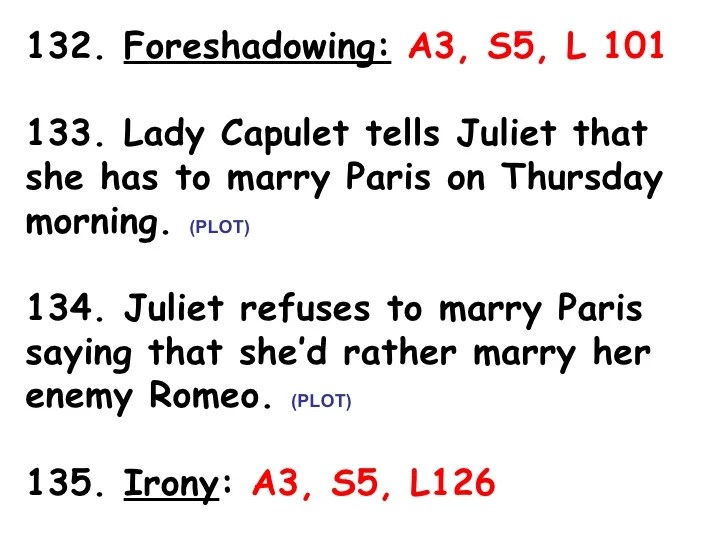
Dramatic irony is a literary device that occurs when the audience knows something that the characters do not. In Act 2, there are several instances of dramatic irony that create suspense and tension.
- The audience knows that Romeo is a Montague, but the Capulets do not: This creates suspense because the audience knows that Romeo is in danger if he is discovered.
- The audience knows that Juliet is in love with Romeo, but her family does not: This creates tension because the audience knows that Juliet’s family will not approve of her love for Romeo.
- The audience knows that Friar Laurence has given Juliet a sleeping potion, but Romeo does not: This creates suspense because the audience knows that Romeo will think Juliet is dead when he finds her.
These instances of dramatic irony create a sense of suspense and tension that keeps the audience engaged in the story.
The Balcony Scene
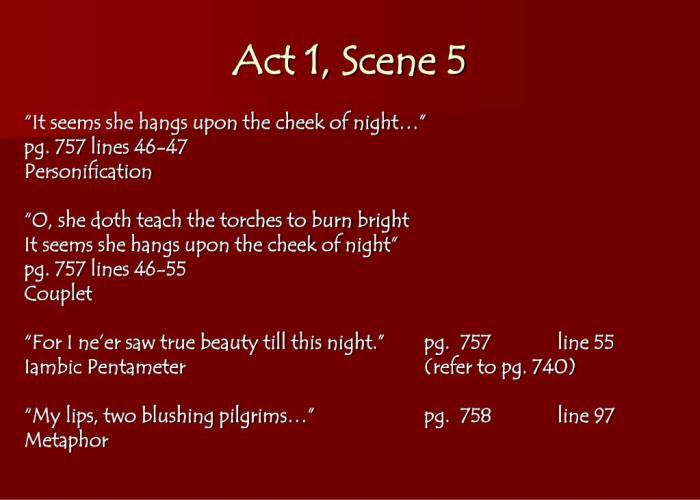
The balcony scene is one of the most iconic scenes in all of literature. It is a turning point in the play, as it marks the beginning of Romeo and Juliet’s love affair. However, it also foreshadows their tragic fate.
The scene is full of foreshadowing. For example, Romeo says, “I have a feeling that this will be our last night together.” This line foreshadows the lovers’ eventual deaths. Additionally, the fact that the scene takes place at night suggests that their love is doomed.
The balcony scene is also a turning point in the play because it is the first time that Romeo and Juliet declare their love for each other. This is a significant moment, as it sets the stage for the rest of the play.
However, it also foreshadows their tragic fate. The fact that their love is forbidden suggests that it will not end well.
Friar Laurence’s Role: Foreshadowing In Act 2 Of Romeo And Juliet
Friar Laurence is a complex and enigmatic character. He is a man of good intentions, but his actions ultimately contribute to the tragedy. In Act 2, Friar Laurence gives Juliet a sleeping potion that he hopes will help her to avoid marrying Paris.
However, this potion ultimately leads to Juliet’s death.
Friar Laurence’s actions are foreshadowed by his soliloquy in Act 2, Scene 3. In this soliloquy, Friar Laurence says, “These violent delights have violent ends.” This line foreshadows the tragic fate of Romeo and Juliet. It also suggests that Friar Laurence is aware of the dangers of their love.
Despite his good intentions, Friar Laurence’s actions ultimately contribute to the tragedy. His decision to give Juliet the sleeping potion is a fatal mistake. This mistake foreshadows the tragic fate of Romeo and Juliet.
FAQ Overview
How does the balcony scene foreshadow the lovers’ doom?
The balcony scene is a pivotal moment where Romeo and Juliet first declare their love. However, the secrecy and danger surrounding their meeting hint at the obstacles and societal pressures that will ultimately lead to their downfall.
What is the significance of Friar Laurence’s role in the foreshadowing?
Friar Laurence’s well-intentioned but ultimately misguided actions contribute to the tragedy. His decision to marry Romeo and Juliet in secret foreshadows the consequences of their impulsive and reckless behavior.
